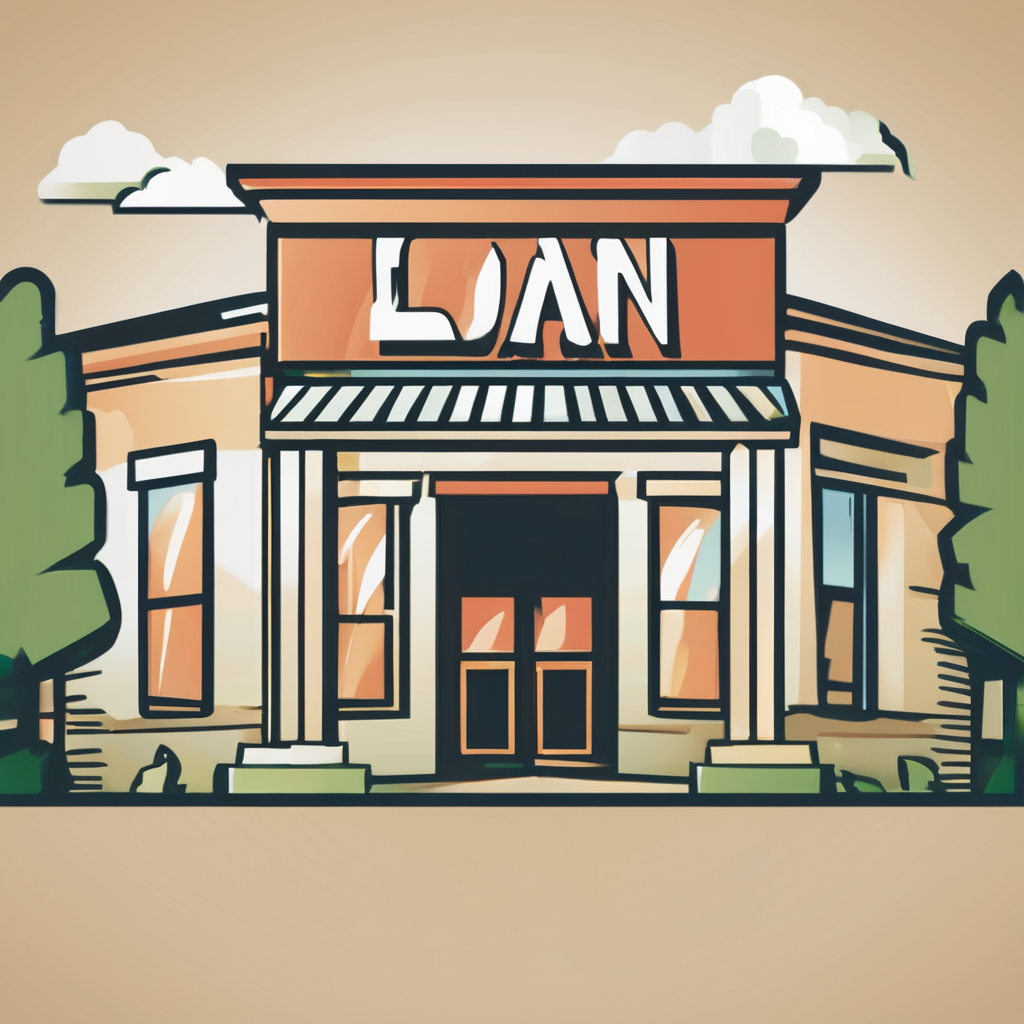Transformative Technologies Impacting UK Real Estate Investment
Technological advancements are fundamentally changing how investors approach UK real estate. Proptech—or property technology—integrates innovations like AI, blockchain, and big data to streamline operations, enhance decision-making, and reduce risks in property markets. These technologies are no longer peripheral; they have become central drivers of growth and efficiency within UK real estate investment.
Artificial intelligence helps investors analyze vast data sets to identify trends, forecast market shifts, and evaluate property values with unprecedented accuracy. This use of AI leads to smarter investment choices and optimized returns. Meanwhile, blockchain technology introduces new levels of transparency and security. It facilitates secure and immutable records for property transactions, reducing fraud risks and simplifying processes like title transfers and leasing agreements.
Also read : How Can UK Property Investment Opportunities Shape Your Financial Future?
Big data complements these technologies by aggregating large volumes of property and market information from diverse sources. Investors can leverage this to gain real-time insights into market dynamics, tenant behaviors, and economic indicators. Recent examples in the UK include platforms using AI-driven predictive analytics to pinpoint emerging property hotspots and blockchain-based registries improving the speed and security of real estate deals.
Together, these transformative technologies are reshaping the UK real estate investment landscape. Investors now navigate a more data-rich, efficient, and transparent environment that supports agile strategies and proactive asset management. This shift highlights the imperative for stakeholders to embrace proptech advancements to stay competitive and capitalize on emerging opportunities in the evolving property sector.
In the same genre : How Can You Best Navigate the UK’s Property Market Trends?
Integration of Proptech and Data-Driven Tools
Unlocking new potentials in real estate investment
The integration of proptech and data analytics is revolutionizing the landscape of real estate investment. Modern investment platforms leverage these advancements, offering investors a more efficient and informed approach to property management and acquisition.
Proptech tools streamline property management by automating routine tasks such as lease tracking, maintenance requests, and tenant communications. This automation reduces administrative burdens, allowing managers to focus on improving tenant satisfaction and property value. For example, smart sensors and IoT devices enable real-time monitoring of utilities and property conditions, preventing costly repairs before they escalate.
When it comes to decision-making, data analytics plays a pivotal role in providing investors with actionable insights. By analyzing market trends, rental yields, and local economic indicators, investors can identify high-potential opportunities while mitigating risks. Real estate investment platforms utilize algorithms to forecast property value appreciation and suggest optimal investment timings. This data-driven approach not only supports smarter decisions but also helps in portfolio diversification.
Digital platforms increase transparency and accessibility by consolidating vast amounts of property data in user-friendly interfaces. Potential investors gain direct access to property details, historical sales data, and legal documentation, which traditionally required extensive due diligence. This open access fosters trust and enables broader participation in the market, lowering entry barriers for new investors.
Overall, the synergy between proptech and data analytics is transforming real estate investment into a more precise, transparent, and efficient endeavor. Leveraging these tools empowers investors to navigate complex markets with confidence and agility.
Effects of Technology on Investment Strategies and Market Access
Technology has significantly transformed investment strategy by reshaping how investors assess risk and approach opportunities. With advanced data analytics and AI-driven tools, investors can now analyze market trends with greater accuracy, allowing for more informed decisions that balance potential returns against risks. This enhanced insight leads to dynamic adjustments in portfolios, reflecting real-time shifts in the market landscape.
Furthermore, accessibility to markets has been dramatically improved by digital platforms. Both retail and institutional investors benefit from lower entry barriers, enabling broader participation in asset classes like stocks, bonds, and notably, real estate investors. Online marketplaces and fractional ownership models allow individuals to invest in properties without the traditionally high capital requirements.
Digital transactions have streamlined processes, vastly improving efficiency. Automated settlements, blockchain verification, and mobile payment systems reduce the time and cost associated with trades, making it easier and faster to enter or exit positions. This technological progress not only lowers operational friction but also enhances transparency and trust in financial dealings.
Blockchain and Artificial Intelligence in Transactions
Blockchain and AI are revolutionizing property transactions by enhancing security, transparency, and efficiency. Blockchain, a decentralized ledger technology, provides an immutable record of every transaction, drastically reducing fraud risks and increasing trust among parties. Each transaction recorded on the blockchain is transparent, easily auditable, and resistant to tampering, which is vital for high-value property deals.
Smart contracts operate on blockchain to automate transactions by executing predetermined conditions without manual intervention. This leads to real-time settlements, where the transfer of ownership and payments occurs instantly once all contractual conditions are met. Such automation reduces delays, eliminates intermediaries, and cuts down administrative costs, streamlining the entire transaction process.
AI contributes significantly by analyzing vast datasets for property valuation and investment analysis. Machine learning models can predict market trends, assess risks, and generate accurate property appraisals based on factors like location, market demand, and historical sales data. This application of AI empowers buyers and investors to make informed decisions quickly and confidently, supported by objective data-driven insights.
In summary, the fusion of blockchain, AI, and smart contracts creates a powerful ecosystem for property transactions, combining automation, reliability, and data intelligence to transform traditional real estate dealings.
Expert Opinions and Future Outlook for UK Real Estate Investment
Industry experts agree that technology will increasingly redefine the UK real estate investment landscape. They predict a surge in adoption of advanced analytics, AI-driven platforms, and digital transaction tools. These innovations are expected to enhance transparency, streamline processes, and improve decision-making accuracy for investors.
One emerging trend highlighted by experts is the integration of UK real estate technology with sustainable building practices. This fusion not only supports environmental goals but also offers long-term value appreciation, making properties more attractive to a growing base of socially conscious investors.
Challenges persist, particularly in adapting legacy systems and navigating regulatory frameworks. However, the market outlook remains optimistic as technology-driven efficiencies are poised to reduce operational costs and open new investment avenues. Future trends also point towards increased use of virtual and augmented reality for property viewings, saving time while broadening investor reach.
Overall, expert predictions emphasize that staying abreast of technological advancements will be crucial for stakeholders aiming to capitalize on evolving opportunities within the UK real estate market.

